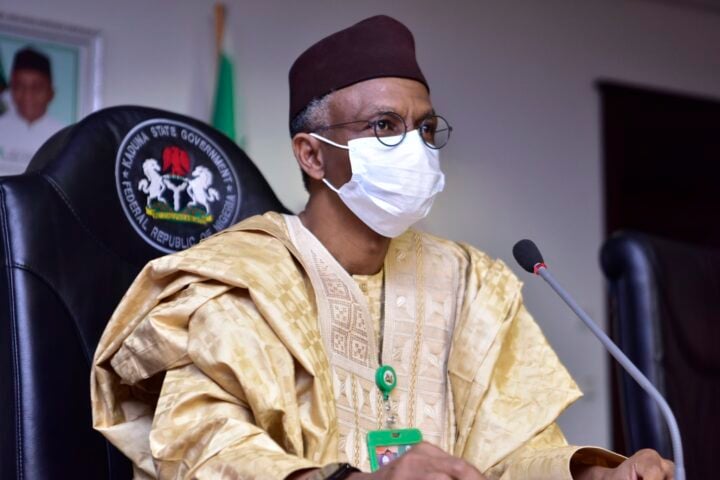The Kaduna state government says dwindling finances and high wage bills are part of the reasons it sacked some of the workers on its payroll.
Nasir el-Rufai, the state governor, had on April 6, disengaged 4,000 workers across the 23 LGAs of the state.
The state chapter of the Nigeria Labour Congress (NLC) kicked against the move, while calling on the state government to “reverse this unpopular decision and seek alternative means of running government without inflicting additional pains on the public”.
However, the state government, in a statement on Monday, said “finances have been severely stretched by higher wage bills at a time when revenues from the Federation Account Allocations Committee (FAAC) have not increased”.
Advertisement
It explained that what the government has been receiving from FAAC since mid-2020 can barely pay salaries and overheads.
Muyiwa Adekeye, el-Rufai’s spokesman, said, in September 2019, the state government was the first to pay the new minimum wage, consequently increasing the wage burden of the government.
“In November 2020, KDSG had only N162.9m left after paying salaries. That month, Kaduna State got N4.83bn from FAAC and paid N4.66bn as wages,” the statement reads.
Advertisement
“In the last six months, personnel costs have accounted for between 84.97% and 96.63% of FAAC transfers received by the Kaduna state government.”
The statement further noted that in March 2021, the state government received N4.8 billion from FAAC and that only N321 million was left after settling personnel costs.
This, it said, “does not include standing orders for overheads, funding security operations, running costs of schools and hospitals, and other overhead costs that the state has to bear for the machinery of government to run, for which the state government taps into IGR earnings”.
“Therefore, the state government has no choice but to shed some weight and reduce the size of the public service,” Adekeye said.
Advertisement
“It is a painful but necessary step to take, for the sake of the majority of the people of this state.
“The public service of the state with less than 100,000 employees (and their families) cannot be consuming more than 90% of government resources, with little left to positively impact the lives of the more than nine million that are not political appointees or civil servants.
“It is gross injustice for such a micro-minority to consume the majority of the resources of the state.”
He added that political appointees will be affected by the rationing exercise to save funds for development projects.
Advertisement
Add a comment







